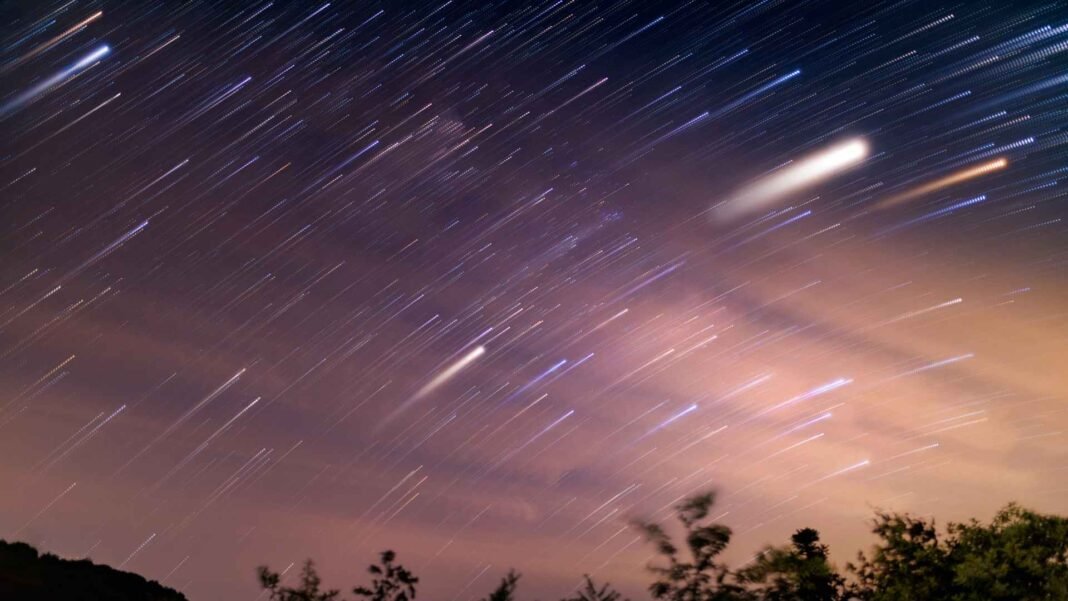National Meteor Watch Day 2024: Experience the Spectacle of Shooting Stars and Cosmic Wonder
National Meteor Watch Day 2024 falls on Sunday, 30 June, inviting enthusiasts to marvel at the spectacle of meteors streaking across the sky. This day celebrates the wonder of space and the fascinating history behind meteors.
History and Significance of National Meteor Watch Day
Established by the International Astronomical Union in 1961, National Meteor Watch Day highlights the beauty and scientific intrigue of meteors. These cosmic phenomena, originating as fragments of asteroids in interstellar space, have captivated humanity for centuries.
The Evolution of Meteor Science
The 19th century witnessed rapid advancements in science and technology, leading to profound discoveries about meteors. In 1866, Hubert A. Newton’s prediction of a meteor shower sparked widespread curiosity and spurred astronomers to study these celestial events further.
Notable Discoveries and Events
In 1920, the largest meteorite ever discovered was unearthed in Namibia, weighing over 60 tons. On the moon, craters formed by meteors stand as lasting reminders of their impact and the forces at play in our solar system.
Diversity of Meteors
Meteors vary greatly in size, from massive chunks weighing over 60 tons to tiny particles lighter than a pebble. Their diversity adds to the intrigue and spectacle of observing them during events like National Meteor Watch Day.
Celebrating National Meteor Watch Day
Celebrating National Meteor Watch Day can be a delightful experience for all ages. Gather friends and family for an evening of stargazing under the open sky, equipped with snacks and cozy blankets. Watch together as shooting stars streak across the heavens, offering glimpses into the vastness of space.
National Meteor Watch Day 2024 is a time to celebrate the awe-inspiring beauty of meteors and their role in our understanding of the universe. Whether observing alone or with loved ones, take this opportunity to connect with the wonders of space and appreciate the cosmic displays above.






